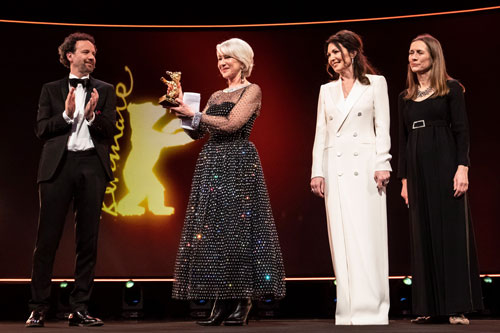
“Art is not a luxury, but a vital element of our society.” – Mariette Rissenbeek
Creating Movies is about teamwork and collaboration. The experience of watching a film is also about community – coming together with others – often the people you love most who also share your passion for stories and storytelling. Then came the COVID-19 pandemic and physical distancing. “The German film industry came to halt in March, says Mariette Rissenbeek, Executive Director of the Berlin International Film Festival (BIFF). That is, “all stages of the film business, mostra, production, financing – cinemas closed down, film and tv production were stopped.” Mariette Rissenbeek and Carlo Chatrian (Artistic Director, BIFF) are participating in Noi siamo uno: Un festival cinematografico globale that will give audiences an opportunity to experience over 100 cinema (courtesy of YouTube) from over 35 countries through June 7, 2020.
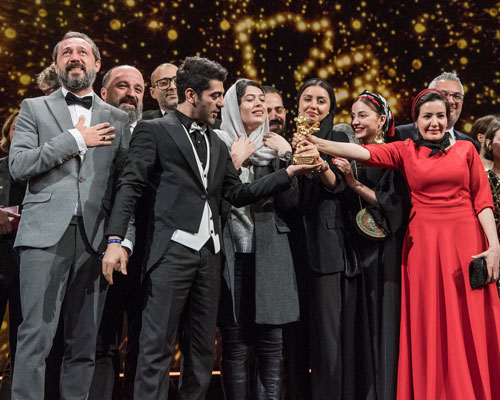
“Before being a platform for showing films, film festivals are places where people meet and exchange.” – Carlo Chatrian
Mariette and Carlo, thank you for joining us. As of now what are the conditions for filmmakers and the film industry in Germany? Do you believe there will be a “new normal” for screening films as we move forward?
Mariette Rissenbeek: The cinemas are still closed, many of them will have difficulties to survive. Due to the closing of the cinemas, the German Federal Film Board (FFA) suffers losses in income which will dramatically affect the support for upcoming film projects. The FFA gets a share of the box office and invests this in the support of film financing. Tuttavia, both regional funds and the funding by the State Ministry for Culture and the Media are still on the same level as before COVID-19. A week ago, the shooting of a selected number of projects started again. Everyone is looking for the right way to respect COVID-19 restrictions on set without damaging the film.
Carlo Chatrian: It is too early to judge whether “normality“ will return to the cinema on a short or mid-term. It is likely we will have to cope with restrictions for the next 8 o 10 mesi. Se è così, we have to work out a different formula for the Berlin International Film Festival. We definitely want to join forces with the cinemas to ensure we can strengthen the power of cinema under these challenging conditions.
Tell us about what audiences can expect from the Berlin Film Festival during the We Are One Global Festival.
Carlo Chatrian: Before being a platform for showing films, film festivals are places where people meet and exchange. Having that in mind, we decided not to show new films – the offer online is already huge – but to focus on one simple concept, and that is transmission. The conversations between filmmakers which happened in the framework of our last edition represent that idea in a concrete and effective way. Listening to Claire Denis talking with Olivier Assayas, or enjoying the exchange between Ang Lee and Koreeda Hirokazu is not only enlightening and insightful, but it gives back beautifully the sense of community, which is what a festival stands for. We decided to add a film that will take us back to 1979 because it deserves to be seen but also it represents our commitment to preserving the memory of cinema.
Mariette Rissenbeek: I moved to Berlin in 1980 and the first film which really got a grip on me was Ulrike Ottinger’s Ticket of No Return. The film is very connected to Berlin – not only Berlin in the late seventies but also today. We were delighted to honor Ulrike Ottinger with the Berlinale Camera for her work in February. She has such a vast and influential filmography, and I would like to encourage the audience to re-discover this unique voice in cinema.
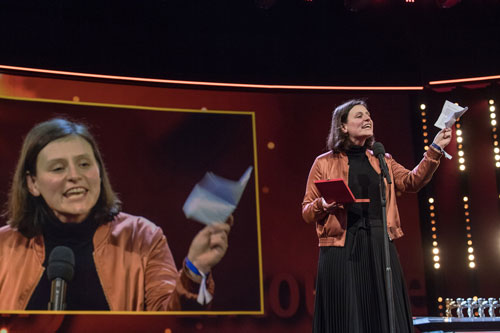
“Right now it does not look as if the German Government is going to cut the arts funding.” – Mariette Rissenbeek
We need the arts more than ever yet some governments are having to cut funding because of the global recession. What’s happening in Germany? What would be your main arguments against reducing arts funding at the present time?
Mariette Rissenbeek: The situation in Germany is a bit complicated, but in a positive way. In the system of federal states, the Länder (stati) are officially responsible for “art and culture”. Tuttavia, there is a State Minister for Culture and the Media on the Government level, Monika Grütters. Together with the Länder, the State Minister has initiated a plan for the support of small and middle sized cultural institutions; the budget for this measure is 20 million euros. Monika Grütters also declares “Arte” is essential for a democratic society and she wants to keep the cultural infrastructure as strong as possible. In aggiunta, there is support for freelance artists upon application. Right now it does not look as if the German Government is going to cut the arts funding. Our arguments against reducing arts funding are actually the same as the State Minister’s: Art is not a luxury, but a vital element of our society. Art is indispensable for humanity and for democracy.
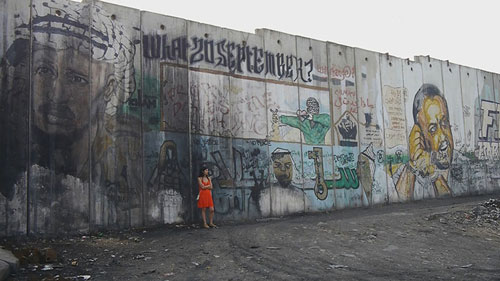
“Throughout the 20th century, films have been a way to unify societies, to bring together different people with different backgrounds and often going to a theatre, watching a movie was a way to overcome suffering.” – Carlo Chatrian
Your 5 predictions for filmmakers and film festivals for the next 5 anni?
Mariette Rissenbeek:
1. Less parties
2. New topics for films
3. More focus on essential cinematic experience
4. More focus on films that matter
5. Development of new cinematic expression
Carlo Chatrian: I would rather avoid making predictions – they are rarely exact and I have little ground to support my thoughts. I believe it is more important to stick to the present time and try and see on a daily basis what is needed. Right now what is at stake is how to combine new technologies with cinema as a collective experience. Throughout the 20th century, films have been a way to unify societies, to bring together different people with different backgrounds and often going to a theatre, watching a movie was a way to overcome suffering – either personal or collective or at opposition to open up our eyes. I hope the 21st century won’t lose that heritage.
For more information on Berlin International Film Festival: www.berlinale.de
Per ulteriori informazioni sulle Noi siamo uno.
(All photos are courtesy of Berlin International Film Festival. The Men Behind the Wall by Ines Moldavsky. Photos by Erik Weiss and Sandra Weller.)
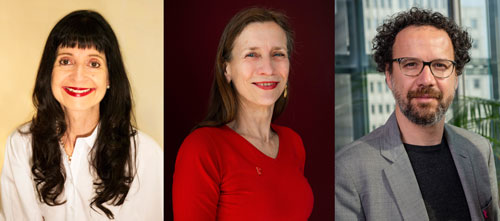
C.M.Rubin with Mariette Rissenbeek and Carlo Chatrian
Grazie a voi 800 più collaboratori a livello mondiale, artisti, insegnanti, imprenditori, ricercatori, dirigenti d'azienda, studenti e leader di pensiero di ogni dominio per aver condiviso il tuo prospettive sul futuro dell'apprendimento con Il Global Ricerca per l'Educazione ogni mese.
C. M. Rubin (Cathy) è il fondatore di CMRubinWorld, una casa editrice on-line focalizzata sul futuro della formazione globale, e il co-fondatore di Planet aula. Lei è l'autore di tre libri best-seller e due molto letto serie on-line. Rubin ha ricevuto 3 Upton Sinclair Awards per “The Global Search per l'istruzione.” La serie, che sostiene per la gioventù, è stato lanciato nel 2010 e riunisce i leader di pensiero illustri provenienti da tutto il mondo per esplorare le questioni legate all'istruzione fondamentali affrontate dalle nazioni.
Segui C. M. Rubin su Twitter: www.twitter.com/@cmrubinworld

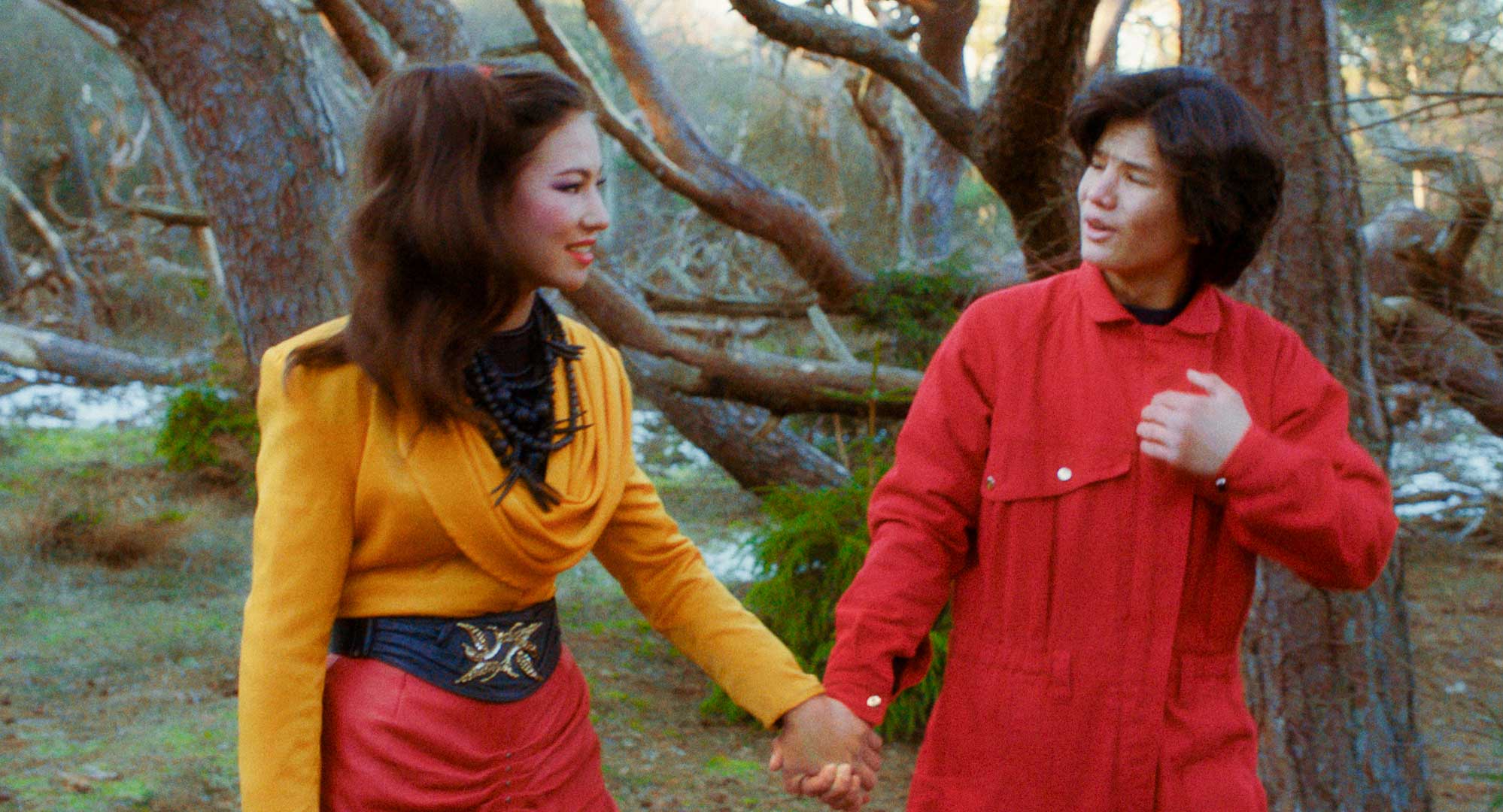

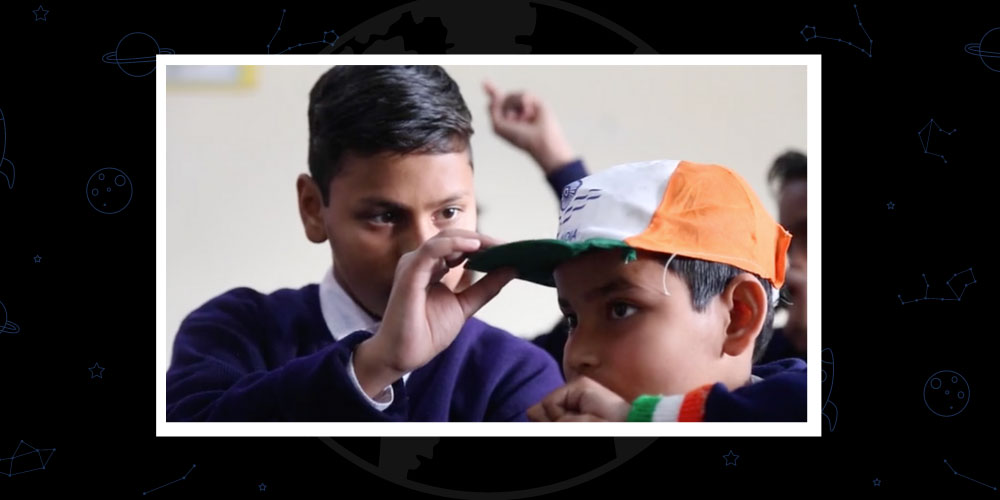
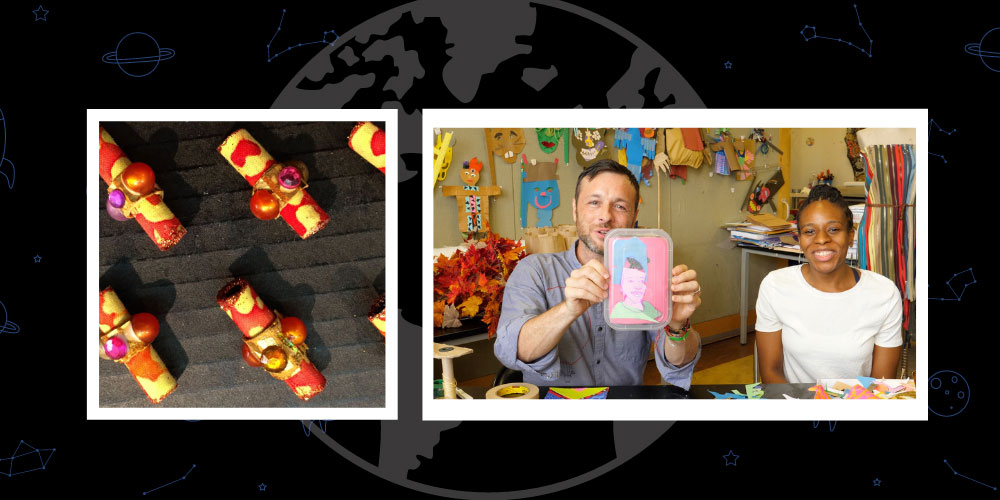
Commenti recenti